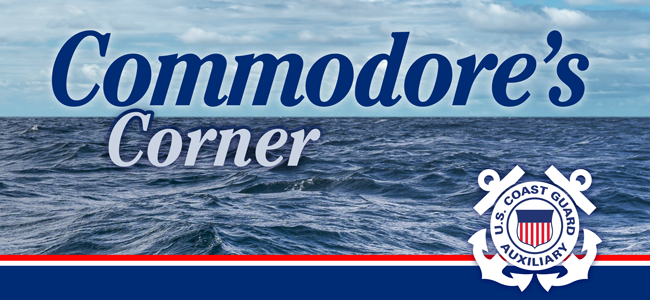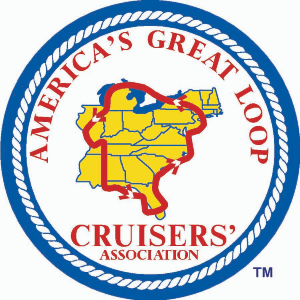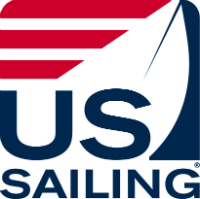
Any school child knows, or at least believes, that if you see a person or boat in distress on the water, the "law of the sea" demands that you render assistance. Simple human decency would require no less and, from time immemorial, this has been law of the sea. But we live in a modern and litigious world… Having just come upon a number this patrol season where USCGAux 251384 provided assistance to disabled vessels, it occurred to me that we ought to refresh this information. So, what are the facts?
Your Duty to Assist
As said above, from time immemorial, seamen have always come to the rescue of those in distress on the high seas. In fact, Admiralty Law has consistently encouraged such actions. Those "that go down to the sea in ships" have by law and precedent been urged to assist in life-saving efforts. On the US Federal books (46 U.S.C. paragraph 2304), it states:
"A Master or individual in charge of a vessel shall render assistance to any individual found at sea in danger of being lost, so far as the Master or individual in charge can do so without serious danger to the Master's or individual's vessel or individuals on board." (Emphases mine.)
It goes on to specify that those that fail to do so can be fined (up to $1,000) and imprisoned (up to 2 years). When a maritime law says, "shall", it means must.
For those that are expert wordsmiths, the term "at sea" doesn't evoke the Forge River or Seatuck Cove – or does it? Centuries of practice would argue that they are part of the seas and, in fact, the USCG Rules of Navigation (the COLREGs) embody, in Rule 1, the connectedness of our waters:
"These Rules shall apply to all vessels upon the high seas and in all waters connected therewith navigable by seagoing vessels."
The "Good Sam" Laws
The Congress and Admiralty Courts have addressed this little "at sea" loophole via the Good Samaritan regulations. Federal Law 46 U.S.C. paragraph 2303(c) states that the Master or individual involved in rendering assistance "is not liable for damages as a result of rendering assistance or for an act or omission in providing or arranging salvage, towage, medical treatment or other assistance when the individual acts as an ordinary, reasonable and prudent individual would have acted under the circumstances." This creates, in legalese, a "high legal hurdle" to prove a case against a Good Samaritan. The Admiralty Courts have always considered the chilling effect that a decision against a Good Samaritan would have upon centuries of life-saving practice. Even if the Good Samaritan made the situation worse, the Court has only ruled against the "Good Sam" if they were grossly negligent or exhibited "reckless or wanton conduct" in attempting the rescue.
This doesn't mean that the rescuer even has to succeed – not all rescues do. The Court recognizes that, "under the bright light cast by hindsight", a rescuer might have done something differently and thus outcomes might have been different. "A rescue attempt must be considered in the light of the circumstances that faced the rescuers when they acted and not with the wisdom of an 'armchair admiral' after the fact." (Korpi v the United States, 961 F. Supp. 1335)
The tough part for you - the skipper - is deciding whether he or she is "standing into danger" that is beyond the capabilities of the crew or the vessel. However, when you see some vessel alongside the rocks in the Moriches Inlet, most skippers will try – and the Courts will applaud you, even if you have to back away.
Let me also add this – call the US Coast Guard on channel 16 as soon as you see the situation develop. They will give you advice and counsel as the facts you relay would imply – and get a boat or helicopter underway at the same time. Also, all the commercial salvors, as is required of ANY boat equipped with a VHS radio is required to do by Federal regulation, monitor channel 16. They themselves are accomplished skippers and may also find the opportunity to assist in the circumstances, directly or via advice.
BTW, if you are interested in being part of USCG Forces, email me at JoinUSCGAux@aol.com or go directly to the US Coast Guard Auxiliary "Flotilla Finder" at http://www.cgaux.org/units.php and we will help you "get in this thing . . ."












